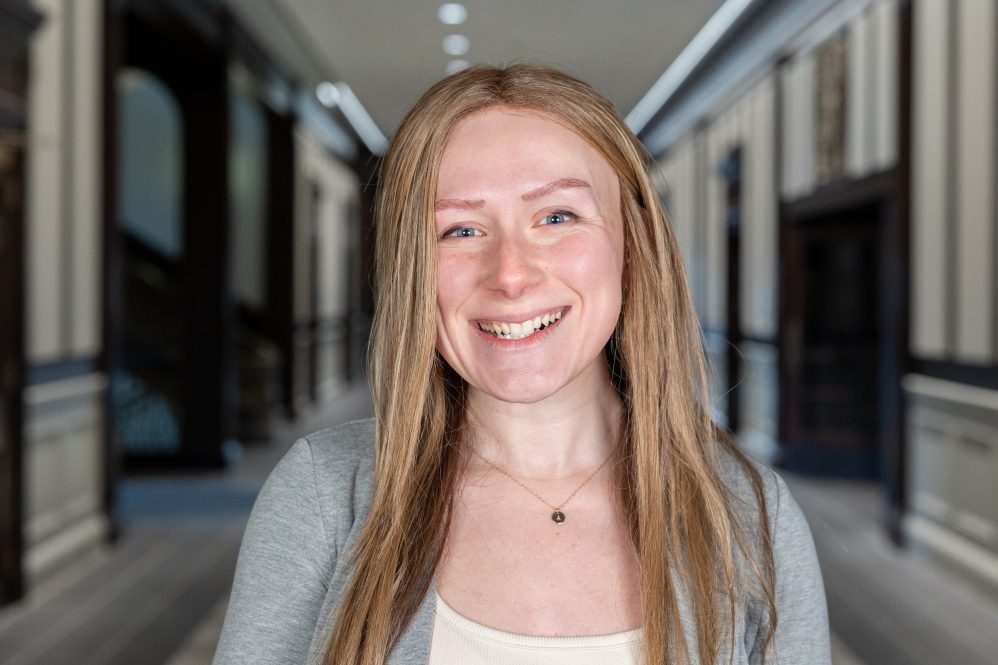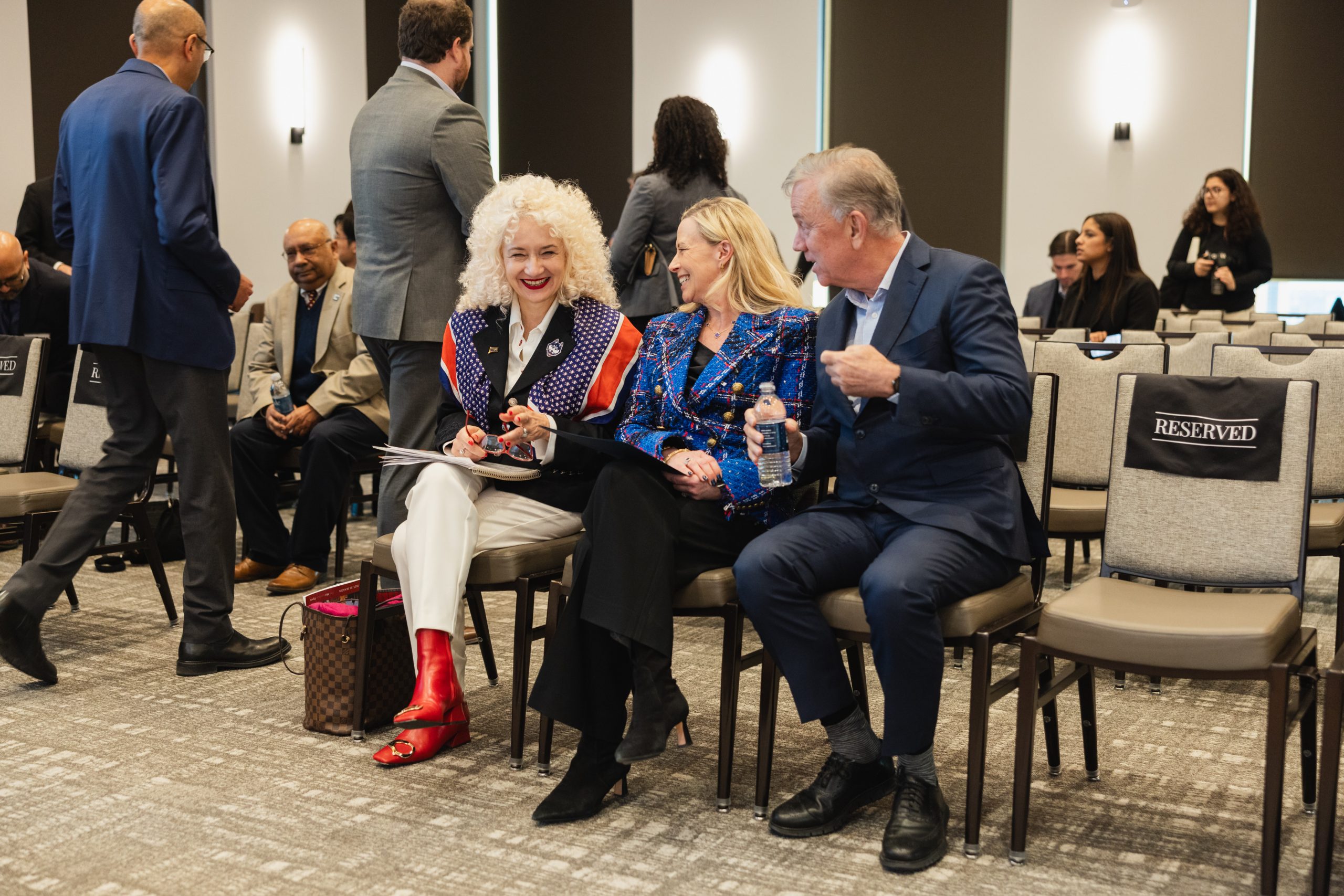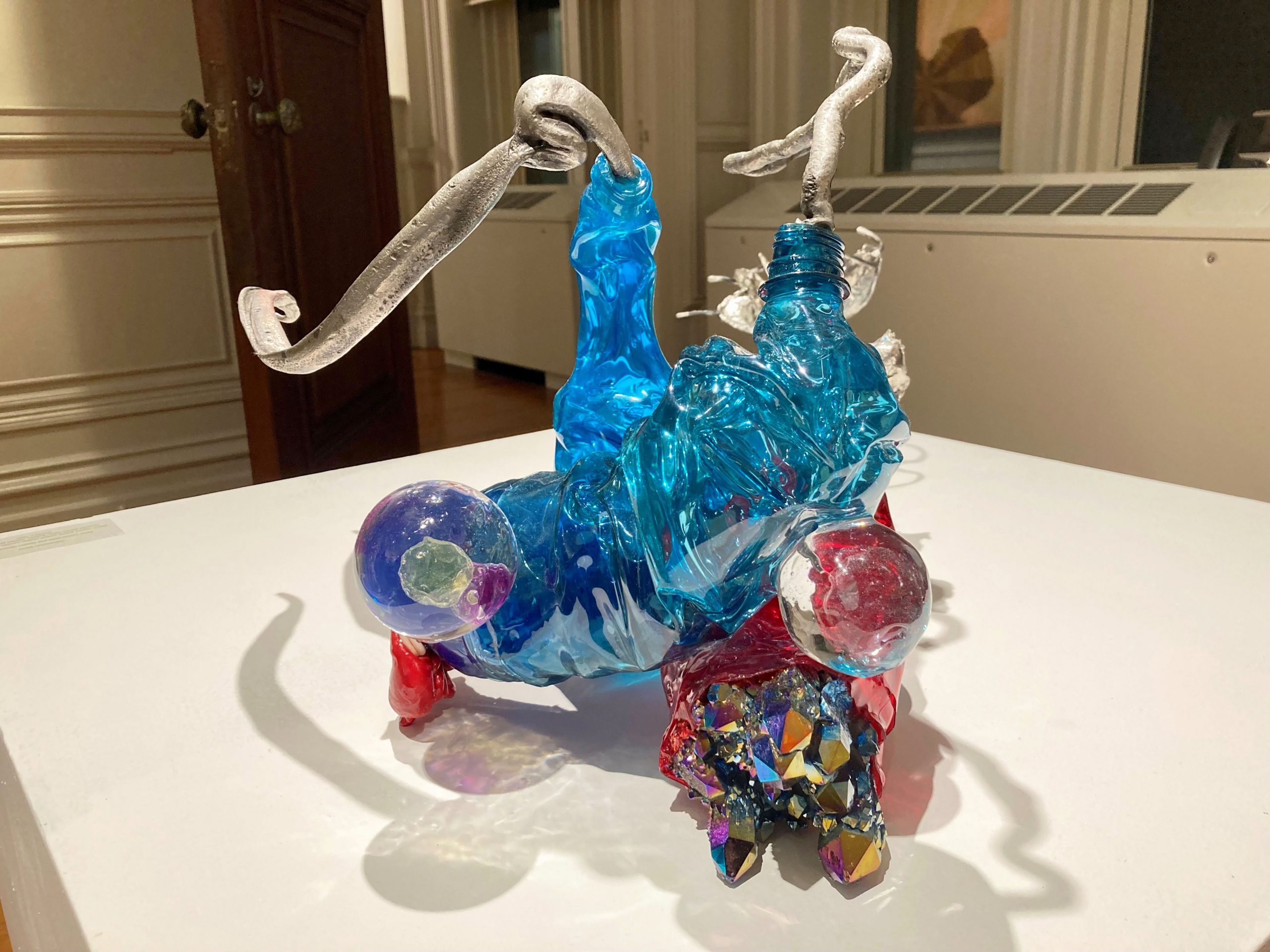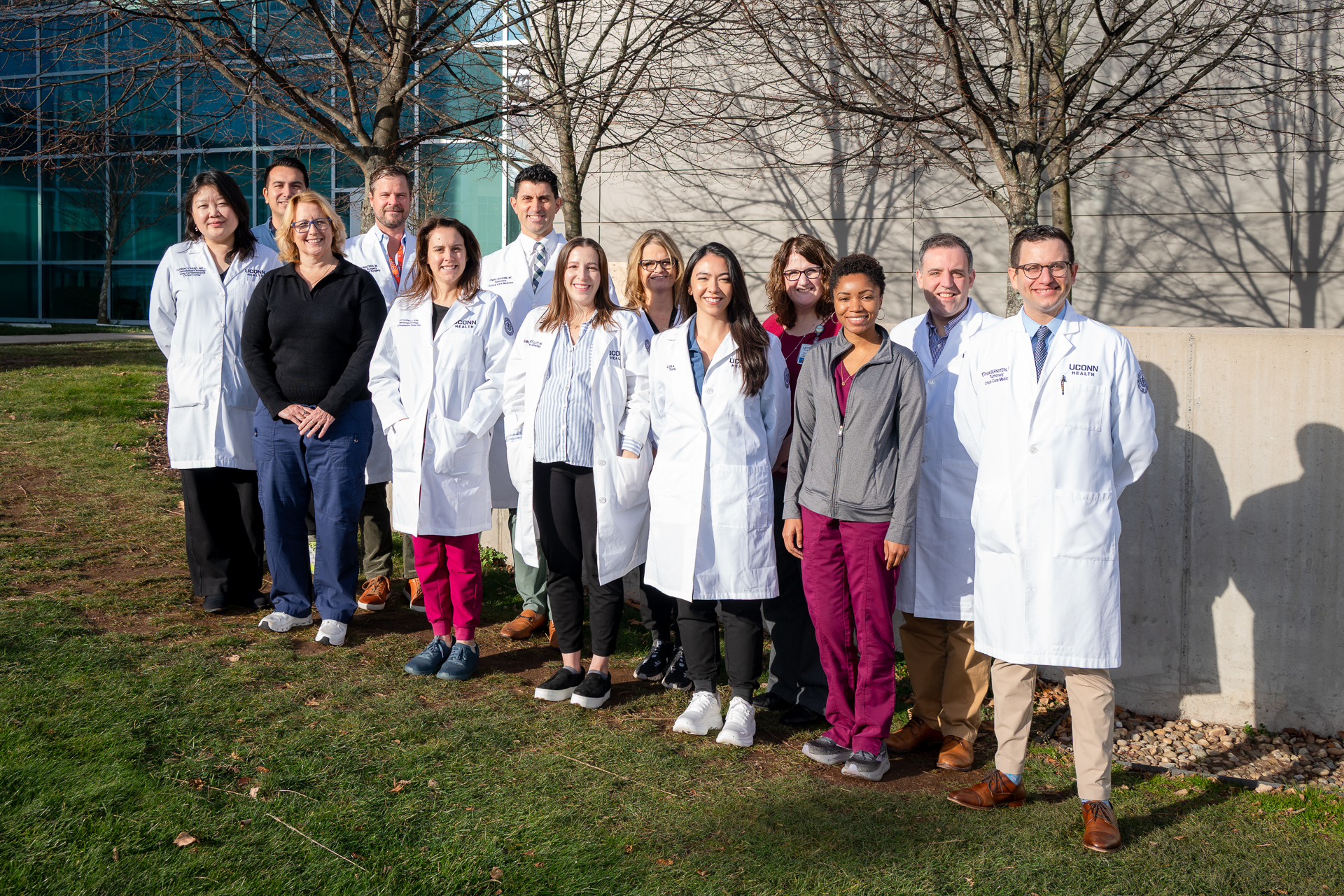Lee Drown ’24 Ph.D. experienced a few major life events while completing her doctoral studies in speech, language, and hearing sciences: she got married, bought a house, and had a child. For Drown, UConn has been grounding, giving her a community to rely on and her studies to count on throughout these changes.
Why did you choose to go to UConn?
When I finished up my graduate studies to be a speech-language pathologist in 2019, I really felt like I wasn’t ready to give up the exciting research that I was learning as a clinician. I wanted to pursue a Ph.D. to advance my understanding of the brain and how we process speech. I got in touch with Rachel Theodore, who’s now my advisor, after reading one of her papers. It was clear that she was very supportive and a pioneer in the field for using online studies. The opportunity arose that she had a spot in her lab for me, so I jumped on it and continued my studies right after I got my clinical degree.
What drew you to your field of study?
I really liked the big, overarching questions that no one has an ability to answer, such as “How does the brain work?” I’ve always really wanted to chase after answers. Of course, I know in my lifetime that I’m never going to answer that full question, but I want to see if I can get close to answering a smaller question, like “How does the brain process human speech, or even specific sounds in human speech?”
Did you have a favorite professor or class?
I’ll take any opportunity to rave about my advisor. So, I will say, my favorite mentor that I have at UConn is my advisor, Rachel Theodore. The passion she has for answering this fine-grain question of how humans process speech permeates through everything she says, and that excitement is palpable.
What activities were you involved in as a student?
The life of a Ph.D. student is interesting in that you’re sort of half a student and half a professional, so I’m currently working full-time. I’m no longer a speech pathologist, but I am a special education administrator; I’m a building principal for my school.
What are your plans for after graduation / receiving your degree?
I plan to work as a director of special education at a school in Massachusetts. I’m working with students with primary emotional and behavioral differences, and I get to answer research questions every day with some of the most high-needs students in the state of Massachusetts.
Any advice for incoming students?
Listening is productive; reading is productive. The focus is always so much on the output, especially in academia. I think realizing that the input, what you take from that Ph.D. and what you’re learning is the real gift of it. Focus less on the output, really lean into the listening and the input, and be receptive to just being okay with just learning.
What will always make you think of UConn?
UConn for me really signifies a period huge life crossroads and huge life changes. I mean virtually of these huge life events for me happened in the span of when I was at UConn. I was able to grow my family and face some impactful life changes. With all of these, the common denominator was UConn.



